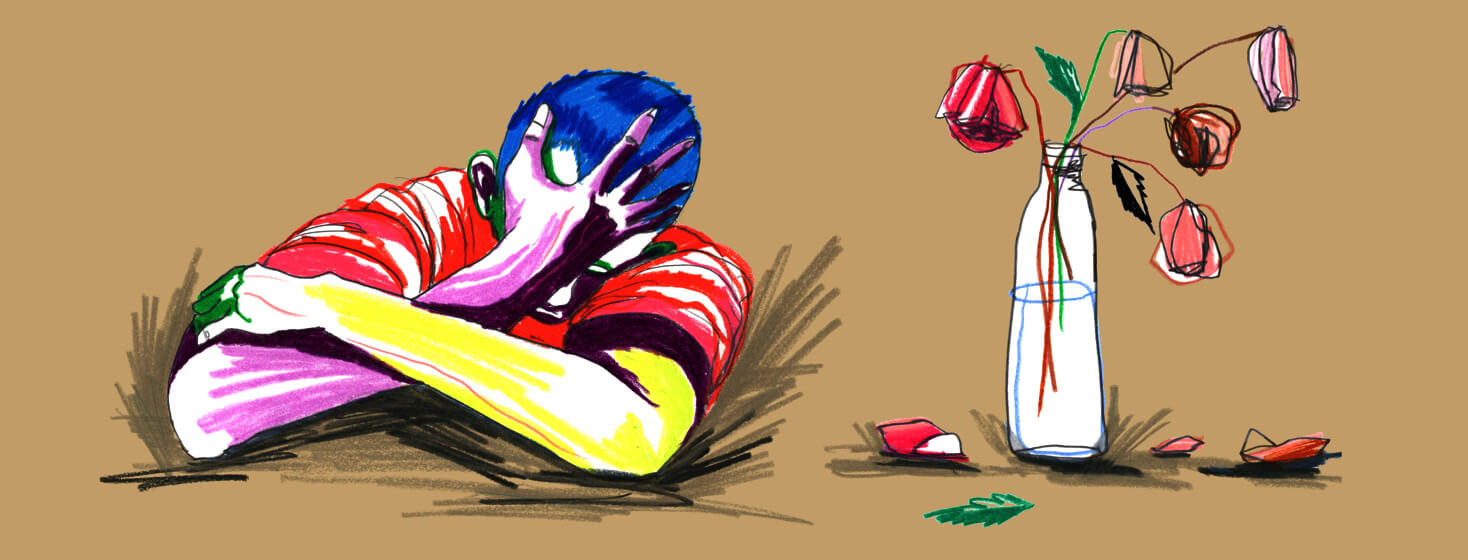How to Cope with Psoriatic Arthritis on Painful Days
Psoriatic arthritis is tough for many reasons. Among these is the fact that painful days can show up without notice. A really painful day can derail your plans by keeping you busy with your physical and emotional needs instead.
The hardest days with PsA
It is not unusual to feel frustrated by your symptoms and being unable to handle simple tasks. You may also be stressed about healthcare and medication costs, and how your illness affects loved ones. Or, if you have skin plaques, their locations may cause you to feel embarrassed.
To find out more about how you deal with the hardest days, we reached out on the Psoriatic-Arthritis.com Facebook page with this: “Every day is different. How do you cope on those painful days?”
Curl up and stop moving
The number one answer given by people in the psoriatic arthritis community is that when a painful day comes, they stop moving. They curl up and try to get as comfortable as possible, whether that is on the couch or lying in bed. Their bodies are screaming out for rest, and so they do what they can to oblige.
“If it is over a 10 on the pain scale, then I do nothing but curl up on the couch and just lay there.”
“Curl up and just not move unless I absolutely have to.”
“Collapse into a heap on the couch at the end of every day.”
Take medicine
Many, many people take meds when the pain level is above what is normal for them. However, the medicine they take varies. Community members named a variety of things, from pain relievers to prescription arthritis medicines.
“I take pain meds.”
“If all of the above is not working, I take the lowest dose of hydrocodone.”
“I am liking Otezla at the moment.”
“Tramadol at the moment.”
Rest and distraction
Along with rest, most people like to find entertainment and distraction. Movies, TV, books, and games all help the mind focus on something that is not the body’s pain.
“Watch movies.”
“I play games on my phone (to take my mind off of the pain).”
Light exercise
Many people shared that exercise helps them cope with mild or moderate pain. Movement can help with circulation and muscle pain and improve overall mood. Easy, gentle exercise is often preferred, whether that is walking, water aerobics, yoga, or tai chi.
“I try to move around regularly to stretch out the joints.”
“Keep moving! It is worse if I just sit!”
“I try to get in water and exercise. It is my friend.”
Heat or cold
Some people find relief from heating and/or cooling packs. Heat helps with stiffness, and cold helps with pain and swelling. If you are not sure which helps your body more, try one, then the other.
“I have a cape I put in the microwave to heat it up, then I put it on my shoulders.”
“I get cold packs.”
“Heat pad.”
Cry
A good cry is sometimes the only thing we can do when we are in pain. Crying is good for the body and soul – it releases stress along with the tears. Most people feel better after crying, and for good reason.
“Sometimes I end up feeling sorry for myself and have a little cry, then I pull on my big girl knickers and get on with things as best I can.”
“I cry a little.”
Go about my day
For many in the community, there is not much choice. They may take extra pain meds, but then they simply treat the day like any other. Many jobs do not allow for enough sick days or flex time to manage an arthritis flare. People at these jobs log the hours they need to pay their bills.
“If it is a lower level, like a 6 or 7, then I try to do my normal activities.”
“Go to work. Just the same as the good days. There is no choice except to use medication.”
Listen to your body and do what you can
A few folks shared about learning to check in with their bodies and figure out what is best. Sometimes rest is best, and sometimes exercise is good. The only way to get in tune with your body is to stop moving. Check-in with your arms and legs and see how much pain there is. Many people find that sitting down and closing their eyes helps them block out distractions and understand what their body is trying to tell them.
“I do what my body lets me do.”
“I just do the best I can.”
Thank you!
Living with PsA is going to be different for each person with the condition. No matter the severity of your disease, make sure you are working with your doctor to find the best treatment plan to improve your outlook and quality of life.
We want to say thank you to everyone who shared for this story. We like hearing from such a variety of people in the psoriatic arthritis community.

Join the conversation